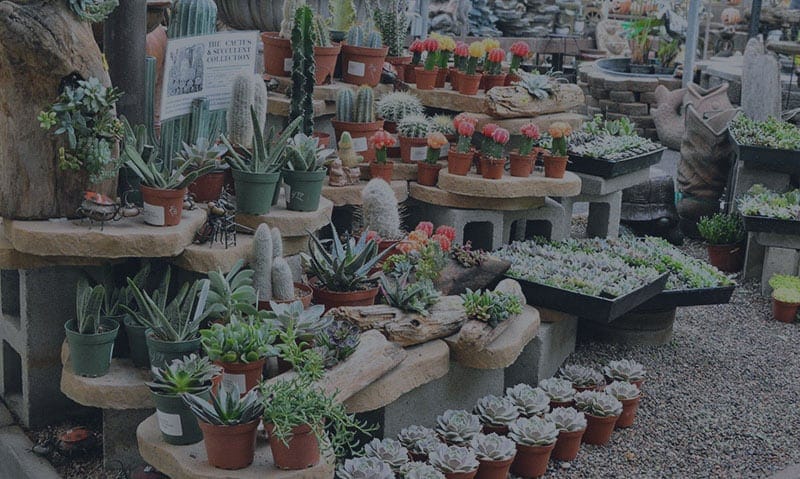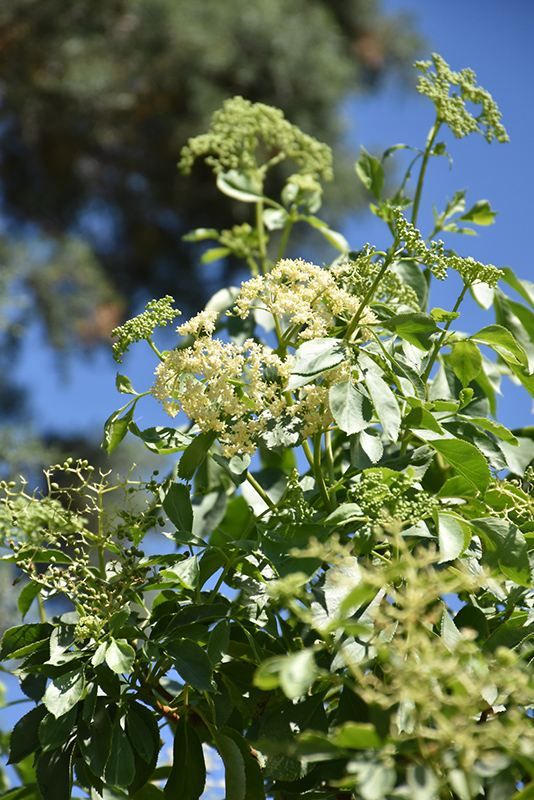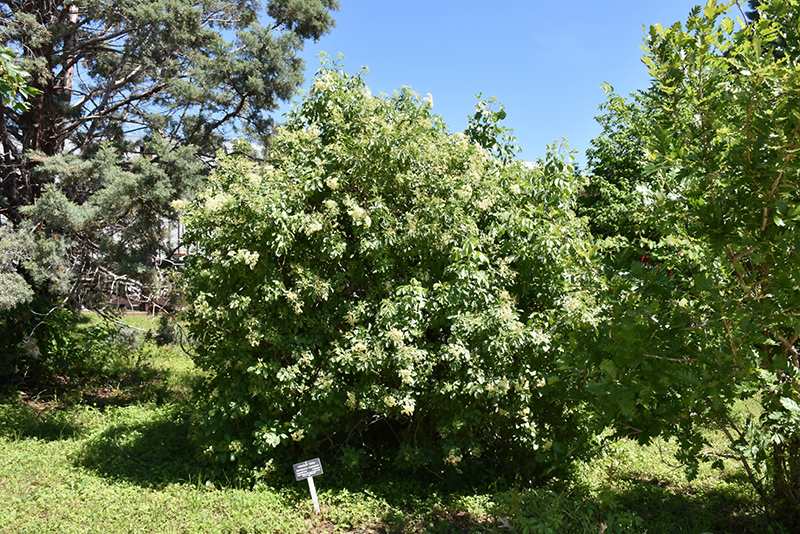Height: 30 feet
Spread: 20 feet
Sunlight:
![]()
![]()
Hardiness Zone: 6b
Other Names: Blue Elderberry, Tapiro
Description:
An impressive tree or large garden shrub with dense green foliage; creamy, butter yellow flowers in spring and summer give way to edible fruit that is loved by wildlife; will tolerate a wide range of soils; great for shrub borders or screens
Ornamental Features
Mexican Elderberry features showy clusters of fragrant buttery yellow flowers with creamy white overtones held atop the branches from late spring to mid summer. It has green deciduous foliage. The serrated oval compound leaves do not develop any appreciable fall color.
This plant is primarily grown as an ornamental, but it's also valued for its edible qualities. The round tart berries are most often used in the following ways:
- Baking
- Preserves
- Wine-Making
Landscape Attributes
Mexican Elderberry is a multi-stemmed deciduous tree with a more or less rounded form. Its relatively fine texture sets it apart from other landscape plants with less refined foliage.
This is a high maintenance tree that will require regular care and upkeep, and is best pruned in late winter once the threat of extreme cold has passed. It is a good choice for attracting birds, bees and butterflies to your yard. Gardeners should be aware of the following characteristic(s) that may warrant special consideration;
- Suckering
Mexican Elderberry is recommended for the following landscape applications;
- Accent
- Mass Planting
- Hedges/Screening
- General Garden Use
- Naturalizing And Woodland Gardens
Planting & Growing
Mexican Elderberry will grow to be about 30 feet tall at maturity, with a spread of 20 feet. It has a low canopy with a typical clearance of 3 feet from the ground, and is suitable for planting under power lines. It grows at a fast rate, and under ideal conditions can be expected to live for approximately 30 years.
This tree does best in full sun to partial shade. It prefers to grow in average to moist conditions, and shouldn't be allowed to dry out. It may require supplemental watering during periods of drought or extended heat. It is not particular as to soil type or pH. It is highly tolerant of urban pollution and will even thrive in inner city environments. This species is native to parts of North America.



